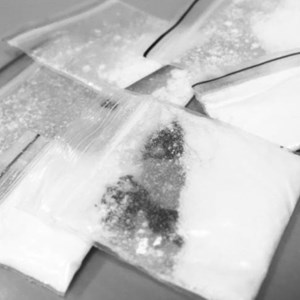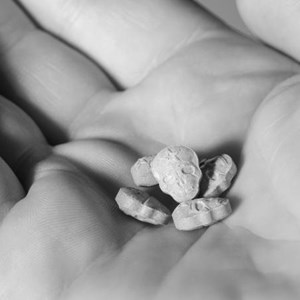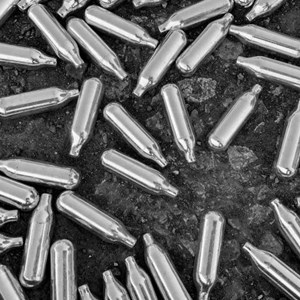If you’re feeling rubbish the day after a big night, here are some tips for helping you feel better mentally and physically during a comedown.
Physical Recovery
1. Take a break from using substances. Allow your body and brain time to recover and your serotonin to regenerate.
2. Boost your serotonin and eat a healthy diet. Bananas, dark chocolate and nuts are healthier ways to boost your serotonin levels and can shorten your comedown.
3. Get plenty of sleep to help your body recover. Pineapple can trigger the production of the hormone melatonin, which can help you get a good night’s sleep if you’re struggling.
4. Drink plenty of water, orange juice or isotonic drinks. This will help rehydrate your body and replace your salt levels.
5. If you are on prescribed medication, get some advice from your GP about whether these should be taken during a comedown.
Mental Recovery
1. Do some gentle exercise. Going for a walk releases endorphins which can help improve your mood.
2. It’s common to feel low and depressed during a comedown. Do something that makes you feel happy - put your favourite film on. Pet your dog. Listen to some music.
3. As tempting as it is, don’t isolate yourself. Check in with a mate or call Samaritans on 116 123.
4. If you’re worried about hurting yourself or someone else, contact your GP or go to A&E and tell them what you’ve taken so that they can support you.





